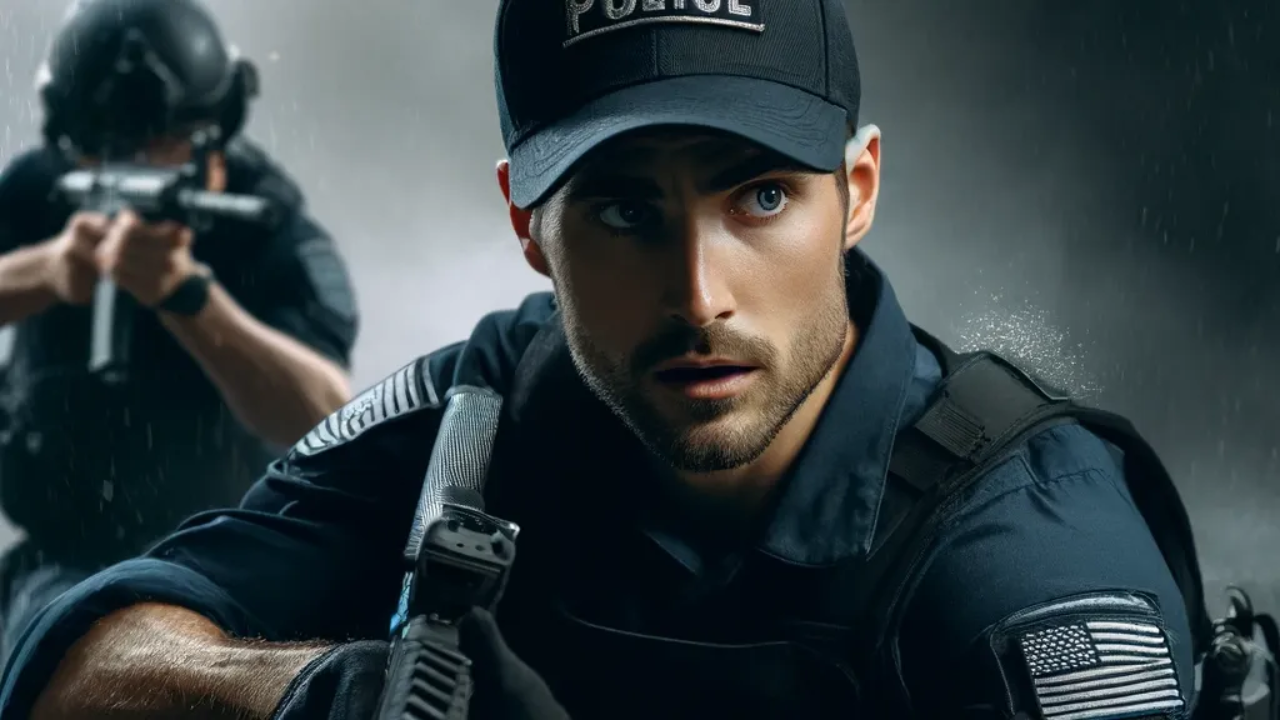
Split-second choices can define a career—and save a life. That’s why use of force decision-making is one of the most intense and vital parts of police academy training. Recruits learn how to assess threats quickly, respond proportionally, and justify every action taken. The goal? Protect the public while respecting the law—and doing so with accountability and confidence.
1. Understand the Force Continuum
You can’t make the right call if you don’t know your options. From presence to deadly force, recruits must learn each level—and when it applies.
Tip: Memorize your department’s force continuum or force model. Know what tools align with which threat levels, and when escalation (or de-escalation) is required.
2. Train for Stress, Not Just Scenarios
It’s one thing to make decisions in a classroom—it’s another to do it with adrenaline surging and tension high.
Tip: Embrace high-stress, scenario-based training. The more realistic the drill, the more automatic your response becomes in real situations.
3. Know the Law—And Stay Within It
Use of force decisions are constantly scrutinized, especially in court. Every action you take must be objectively reasonable under the law.
Tip: Study Graham v. Connor and your local use-of-force statutes. You need to articulate not only what you did, but why it was necessary.
4. Document and Debrief Every Encounter
Even textbook use of force can be questioned. A clear, detailed report is your strongest protection.
Tip: After every use-of-force event—real or simulated—practice writing thorough reports that explain your decision-making process in plain, objective language.
5. De-Escalation is Your First Tool
Force isn’t always physical. Communication, presence, and positioning can often stop a threat before it starts.
Tip: Practice verbal tactics, active listening, and controlled body language. The best use of force? The one you didn’t have to use.
Final Thoughts
Excelling in use of force decision-making training means thinking fast, staying calm, and always acting within policy and principle. Officers who make clear, justified choices are the ones who lead with integrity—and protect their communities and careers.
For more law enforcement training tips, visit www.armoganct.com.
Best,
Barbara
Armogan Training Team
Police Candidate Getting Started Workshop
Learn about every phase of the hiring process!!!
-Plus hidden BONUSES!!!
We hate SPAM. We will never sell your information, for any reason.
